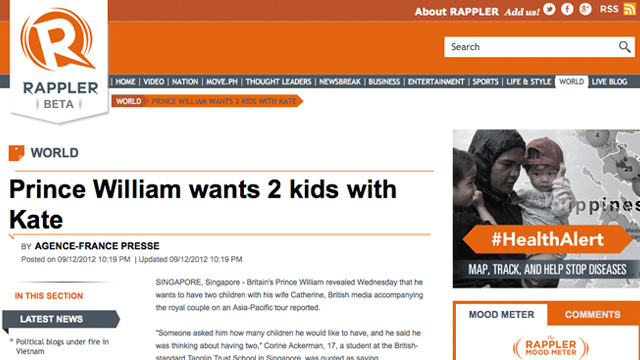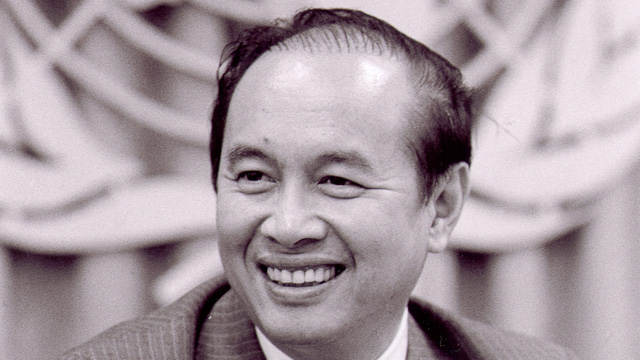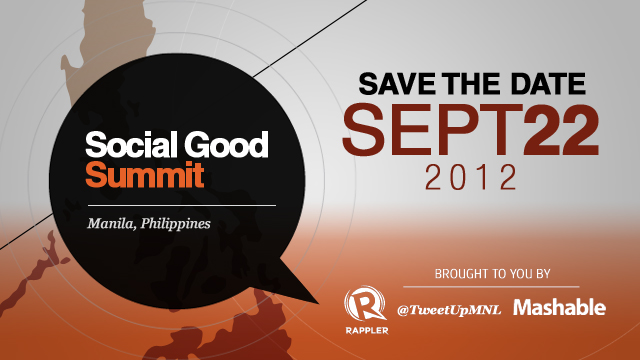SUMMARY
This is AI generated summarization, which may have errors. For context, always refer to the full article.
- Libyan attack sparks crisis

US Ambassador Christopher Stevens and three of his American staff members were killed in what US officials say was a planned attack on its consulate in Benghazi, Libya. The brazen attack, the worst to hit a US diplomatic compound in a generation, happened on the 11th anniversary of 9/11. Originally thought to be a protest against a film, eyewitnesses described hundreds of heavily armed men with rocket propelled grenades converging, joining the protestors and attacking the consulate. A US official says a little known Islamist group, Anshar al-Sharia, was behind the attack. Libya expert George Joffe told the BBC: “This was a precision attac. One that would have required a degree of planning. It may well have been inspired by the call by al-Qaeda’s Ayman al-Zawahiri to avenge the killing of Abu Yahya al-Libi.” The US dispatched two Navy destroyers, dozens of Marines, federal investigators and intelligence assets to Libya.
Read more on the New York Times , the BBC and on Rappler.
- Muslim rage over film triggers violence, banning of YouTube

A 14-minute trailer uploaded on YouTube triggers protests and violence in Egypt and Libya on the 11th anniversary of 9/11. In Libya, US officials say the protests masked a planned attack that killed the first US ambassador since 1979. The protests were triggered by the video called “Innocences of Muslims” released on the Web two months ago in English in the US and translated to Arabic 8 days ago. The trailer opens with scenes of Egyptian security forces watching as Muslims loot and burn the homes of Egyptian Christians and depicts the Prophet Muhammad as a womanizer and homosexual, among other things. The video was uploaded to YouTube by an Israeli-American who said, “Islam is a cancer.” On Wednesday, Afghanistan bans YouTube to prevent its Muslims from watching the video.
See the video here. Read about the anger it sparked on the New York Times and read about Afghanistan’s ban on YouTube on Rappler. - Somalia’s new president survives al-Qaeda linked suicide bombers

Just days after his election on Monday, Somalia’s new president, Hassan Sheik Mohamud, survived an attack by three suicide bombers at a hotel that was his temporary residence. The three were part of al-Shabaab, which claimed responsibility for the attack on micro-blogging site, Twitter: “HSM successfully targets a hotel near the airport in Mogadishu where a high profile meeting was being held. HSM is the acronym for the al-Qaeda linked group’s full name, Harakat al-Shabab al-Mujaheddin. Several tweets followed with the last one saying, “HSM will continue fighting until the very last invader is eliminated from our land.”
Read more on the Washington Post
- Apple unveils iPhone5, new iPods

Apple announced the iPhone 5 last night, September 12 in San Francisco (September 13 in Manila). It’s their thinnest and lightest iPhone yet. Improvements include a larger screen, a faster processor, an 8-megapixel camera and support for the latest wireless Internet service, LTE. The iPhone 5 will be available September 21 in some parts of the world, including the US, Singapore and Hong Kong. It’s not expected to arrive in the Philippines until October or November. Apple also unveiled an all-new iPod nano and iPod touch.
For more details, visit Rappler’s live coverage of the event here and full story here. See the event through Filipino lenses in Rappler’s Google Hangout here
- President Aquino, Puno and Robredo

How far will a president go to protect his friend? That’s the question many are asking after President Aquino’s friend, former Interior Secretary Rico Puno was caught in a “he said, she said” scenario about documents involving an investigation conducted by his former boss, Jesse Robredo. On Wednesday, the House of Representatives gives a posthumous award and President Aquino tells reporter Puno will not be reassigned to the DILG but leaves open the idea of giving him another government post. He also drops strong hints that an earlier statement he made that PNP chief Bartolome would replace Puno may not happen at all.
- German top court clears euro rescue fund

The eurozone cleared a key hurdle to handle its debt crisis after Germany’s top court approved a landmark decision closely watched around the world. The Constitutional Court overturned a raft of legal challenges aimed at preventing President Joachim Gauck from signing two crucial crisis-fighting tools into law. The decision now allows Gauck to finally sign the European Stability Mechanism (ESM), which has far-reaching implications for the euro’s future.
Read more on Rappler
- Will and Kate in Singapore: 2 kids, superpower of ‘invisibility’

Britain’s Prince William and his princess Catherine are on a tour celebrating the diamond jubilee of William’s grandmother Queen Elizabeth II. In Singapore’s newest tourist attraction, Gardens by the Bay botanical park, the royal couple answered questions candidly. Will said he wanted 2 children and when asked about what superpowers he would choose, William replied, “invisibility.” Catherine, one of the most photographed women in the world, responded, “I’d pick invisibility too so that William can’t sneak up on me.”
Read more on Rappler - Rafael Salas and the world’s first population program

The debate about the Reproductive Health bill is missing the point, narrowed down to sex, contraception and abortion. Rafael Salas began a population management program that didn’t mention any of these but gave a broader perspective of people and development urging countries to adopt a population policy that centers on people and quality of life regardless of religious beliefs. He created the world’s first population program and headed the United Nations Fund for Population Activities (UNFPA), now known as the UN Population Fund, until his death in 1987. Is the RH bill debate missing the point?
Read more on Rappler
- Social Media for Social Good
 Key players around the world are getting together to try to figure out how social media, which reached a tipping point in 2009 and helped power political movements and events globally, can be used for social good. A recent conversation between Facebook, Linked-in, Twitter, YouTube and Zynga painted a picture where philanthropy may be the future of marketing. Join our own discussions in Manila on September 22, when Rappler and @TweetupMNL organize Mashable’s Social Good Summit. This Friday, Rappler moves Zamboanga, looking at how social media can mobilize the youth for political engagement.Read more about ideas of key players on Fast Company, the upcoming Social Good Summit in Manila and Friday’s #MoveZambo – all on Rappler
Key players around the world are getting together to try to figure out how social media, which reached a tipping point in 2009 and helped power political movements and events globally, can be used for social good. A recent conversation between Facebook, Linked-in, Twitter, YouTube and Zynga painted a picture where philanthropy may be the future of marketing. Join our own discussions in Manila on September 22, when Rappler and @TweetupMNL organize Mashable’s Social Good Summit. This Friday, Rappler moves Zamboanga, looking at how social media can mobilize the youth for political engagement.Read more about ideas of key players on Fast Company, the upcoming Social Good Summit in Manila and Friday’s #MoveZambo – all on Rappler - TechCrunch’s Disrupt: how social media founders and entrepreneurs see the world
While Apple was announcing its new products, 5000 start-ups and entrepreneurs gathered from Sept 8 to 12 at TechCrunch Disrupt. The speakers included Facebook’s founder Mark Zuckerberg, whose first question was about his company’s disappointing IPO, Linked-in’s founder, Reid Hoffman, Twitter founder Jack Dorsey and Yahoo’s new CEO Marissa Mayer. One of the speakers is film star Jessica Alba, who talked about her new endeavor as a technology entrepreneur.
Watch Mark Zuckerberg and other speakers here and read about Jessica Alba on Rappler
Add a comment
How does this make you feel?
There are no comments yet. Add your comment to start the conversation.